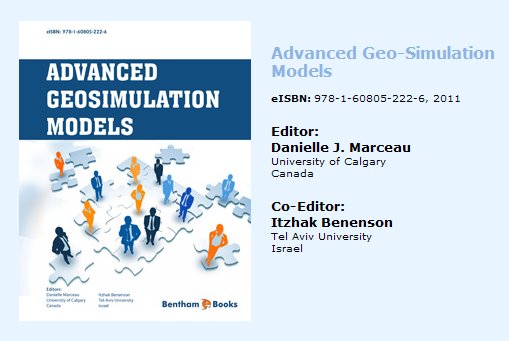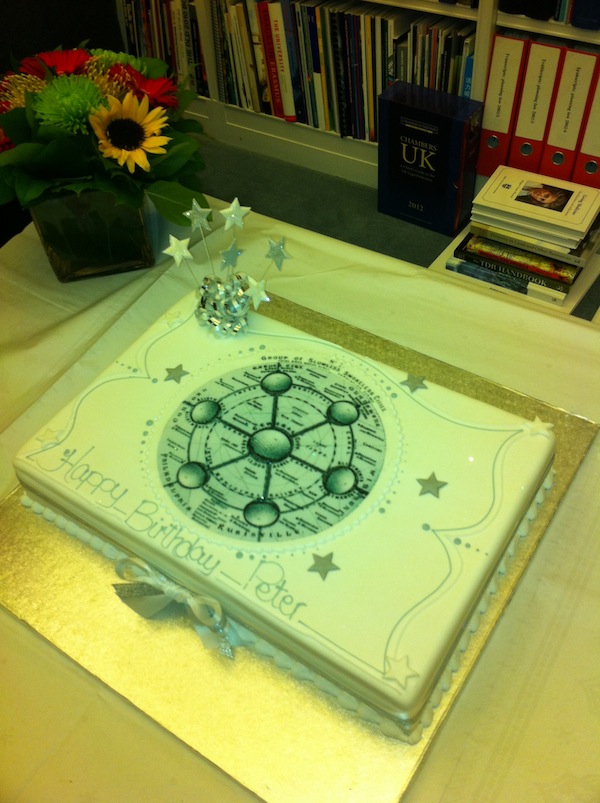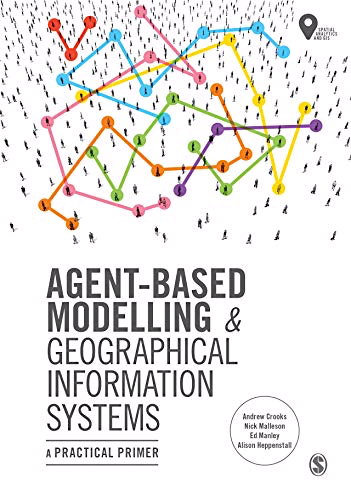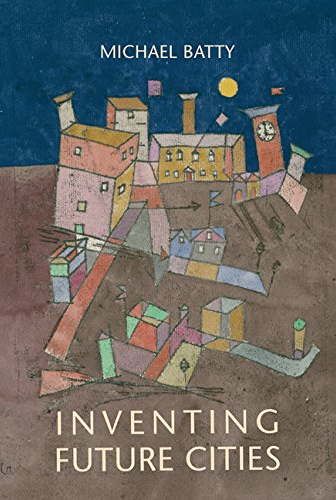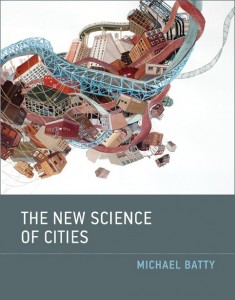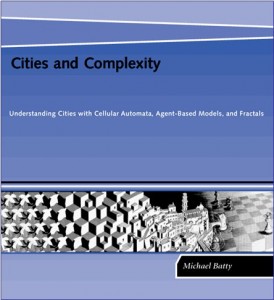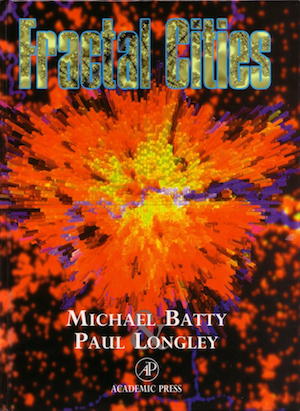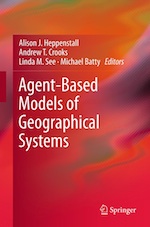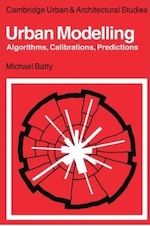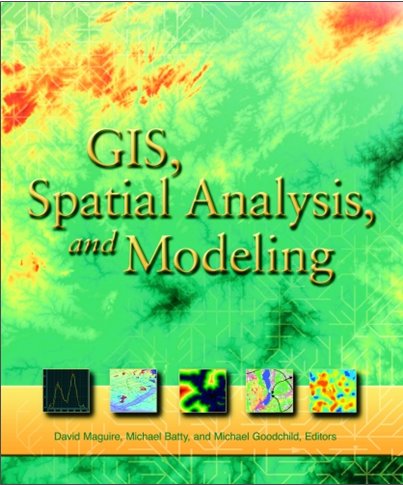I wrote the Foreword for this eBook and I think it is Ok for me to let you read what I have written as the book is online. If you click on the image of the book cover above, then you can read the Foreword.
Geosimulation has recently emerged at the intersection of Geographic Information Science, Complex Systems Theory and Computer Science. It is part of the sea change that has occurred over the last 25 years or so of modeling in both the physical and social sciences. Geosimulation aims at understanding the dynamics of complex human-driven spatial systems through the use of spatially explicit computer simulation. Approaches for evaluating Geosimulation models and relating their outcomes to the complex and dynamic geographic reality are essential. The Ebook presents a collection of the recent conceptual and methodological advances achieved in the field.
A few folks who are affiliated with CASA have also written in this book and the contents are as follows:
Contents
Foreword: Michael Batty
Chapter 1: Challenges and Perspectives in Geosimulation
Danielle J. Marceau and Itzhak Benenson
Chapter 2: Activity Based Variable Grid Cellular Automata for Urban and Roger White, Harutyun Shahumyan and Inge Uljee
Chapter 3: Geographical Vector Agent-Based Simulation for Agricultural Land-Use Modelling
Antoni Moore
Chapter 4: Advances and Techniques for Building 3D Agent-Based Models for Urban Systems
Andrew T. Crooks, Andrew Hudson-Smith and Ateen Patel
Chapter 5: Semantically-Enhanced Virtual Geographic Environments for Multi-Agent Geo-Simulation
Mehdi Mekni, Bernard Moulin and Sebastien Paris
Chapter 6: Empirical Calibration of Spatially Explicit Agent-Based Models
Scott Heckbert and Ian Bishop
Chapter 7: Geosimulation of Income-Based Urban Residential Patterns
Erez Hatna and Itzhak Benenson
Chapter 8: Open-Ended Agent-Based Economic Evolution
Bas Straatman and Danielle J. Marceau

